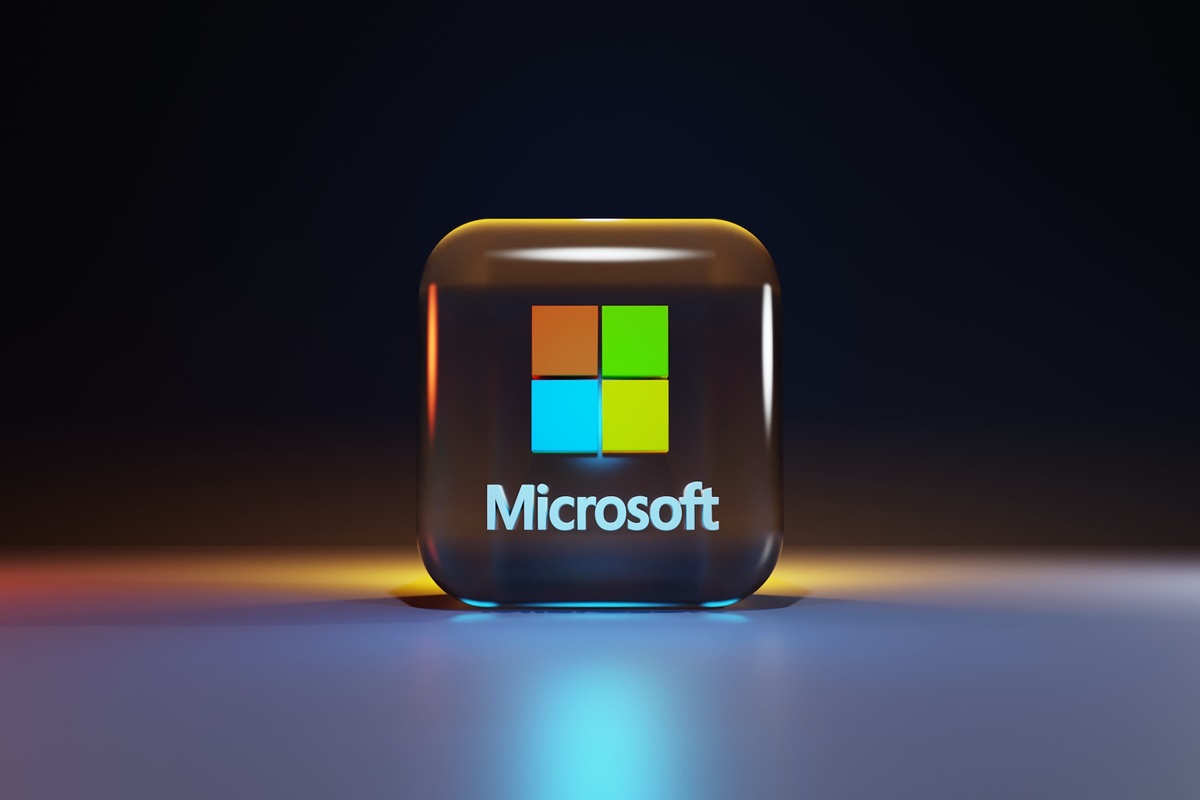Microsoft has unveiled its first homegrown artificial intelligence chip and processor for cloud computing.

The presentation of the specified products is something like a visual demonstration of this company’s pursuit to increase the level of a kind of personal control over the development of machine intelligence and expand the product line in the market of advanced technology having the potential to transform the habitual way of life. Microsoft is also making efforts to improve its competitiveness in the market of computing using artificial intelligence.
The tech giant has also announced new software that allows consumers to create their virtual assistants with machine intelligence.
The Maia 100 AI chip, which Microsoft announced at the annual Ignite conference in Seattle last Wednesday, November 15, will allow Azure cloud customers a new way to develop and launch artificial intelligence programs. The tech giant is already testing microcircuit as part of its Bing and Office AI products. This was announced by Rani Borkar, vice president in charge of the Azure chip development division.
Microsoft in the artificial intelligence area partners with OpenAI, which created the world’s most popular chatbot based on an advanced technology called ChatGPT and is also testing a new microcircuit. The Maia 100 and the Cobalt server chip will debut in some of the tech giant’s data centers early next year.
Microsoft CEO Satya Nadella said at a conference in Seattle that the company’s goal is to provide maximum efficiency, speed, and scalability. He said the Maia 100 will initially be used in apps included in the technology giant’s product line. According to him, this microcircuit will become available to customers and partners over time.
Microsoft’s investments in chip development, according to experts, are evidence of how important the relevant products are to gain advantages in the sphere of artificial intelligence and the area of cloud computing. Own microcircuits provide companies with an additional source of income, within which financial benefits are provided by factors such as the cost of equipment and productivity. Homegrown chips also guarantee firms that they will not depend on third-party suppliers of these products. Currently, a kind of situation of struggle for advanced AI microcircuits from Nvidia has formed in the artificial intelligence industry.
Microsoft is starting its way in the processor market against the background of similar efforts by other large companies. For example, Amazon acquired a chip manufacturer in 2015. Currently, this company sells services built on several types of cloud microcircuits and artificial intelligence chips. In 2018, Google began granting customers permission to use its AI accelerator processors.
Rani Borkar says that taking into account the scale of the company, it is important for Microsoft to optimize and integrate every element of its software to achieve the highest level of productivity and avoid so-called bottlenecks in the supply chain. The technology giant also strives to provide consumers with the opportunity to choose the infrastructure.
Moreover, Microsoft will sell services to customers based on the latest Nvidia H200 chip and the MI300X processor from Advanced Micro Devices. These services will be offered to the consumer, tentatively, next year. The specified chip and processor are designed to perform tasks related to the functioning of artificial intelligence systems.
Maia 100 was developed to help machine intelligence configurations process the huge amounts of information that are needed for speech and image recognition. Azure Cobalt is a central processor that has 128 computing cores. The number of cores is an important indicator because they divide the work into small tasks, the process of which is simultaneous. Azure Cobalt also uses Arm Holdings Plc designs.
As we have reported earlier, Microsoft Introduces Text-to-Speech Avatar.









